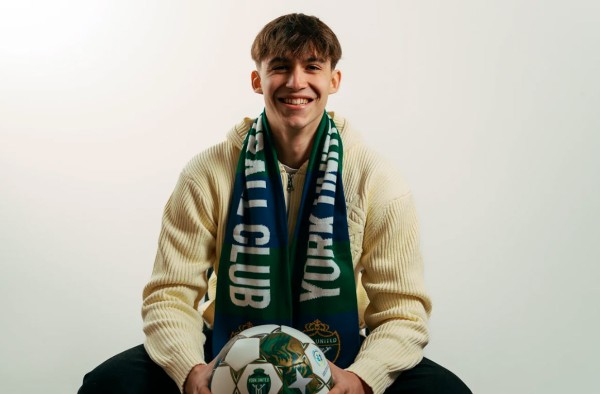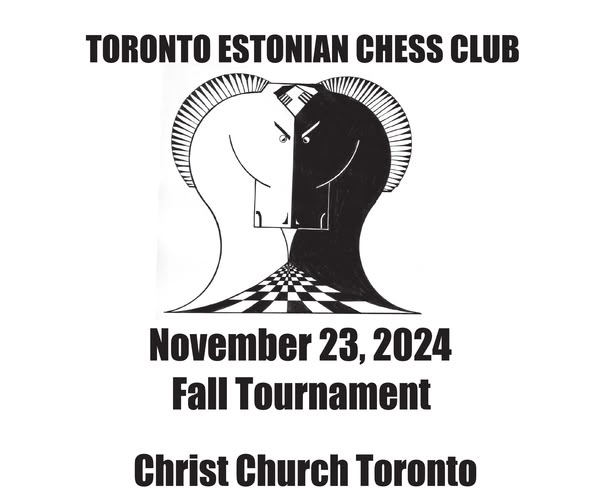At the London Olympics, Estonia will be represented by 32 athletes competing in disciplines ranging from badminton to judo. Which are the most likely to bring home a medal and have crowds spontaneously dancing in the streets? To find out, ERR News spoke to two insiders – leading sports journalist Marko Kaljuveer, who is head of Estonian Public Broadcasting's sports division, and Martti Raju, sports director for the nation's Olympic Committee.
For Kaljuveer, who is in charge of ERR's television and radio coverage of the games, the answer came with no hesitation. “Our main hope for a medal is Gerd Kanter, no doubt about it, and the second one is Nikolai Novosjolov. These two guys are really strong contenders and our main medal hopes,” he said.
Indeed, Kanter's name is on everyone's lips in the run-up to this summer's big event. The discus thrower brought home gold from Beijing in 2008 and now, at the age of 33, is still at the top of his sport. Novosjolov became the world champion in men's épée fencing in 2010, a feat that earned him an Order of the White Star.
Raju, for his part, echoed Kaljuveer's picks, citing recent performance levels. “The results speak for themselves,” he said. “Gerd has already shown good form here in London, and showed that he can win in London,” he added, noting Kanter's second place in the IAAF Diamond League in early July. As for Novosjolov, Raju was also optimistic, though he pointed out the inherently chancy nature of the sport. “In principle, of course in fencing anything can happen, but he has shown that he can compete well and win competitions,” Raju said.
A third sport both men mentioned as a medal possibility was rowing, specifically the quadruple sculls team of Tõnu Endrekson, Andrei Jämsä, Allar Raja and Kaspar Taimsoo. “These four guys [...] are quite strong, and the way they took the qualifying regatta and qualified for the games was impressive,” said Raju.
The same team won silver at the European championship in Plovdiv last year, and each has a bevy of medals to his name. And as Kaljuveer pointed out, Endrekson was one of the pair who earned Estonia a silver medal in double sculls in the Beijing games.
Advertisement / Reklaam
Advertisement / Reklaam
Speaking about the less obvious medal contenders, the potential surprises, is obviously far more difficult and something that both experts were reluctant to do.Kaljuveer did, however, bring up a name in sailing. “We are a seaside country and sailing used to be very strong in Estonia. Right now we have five sailors. One of them is Deniss Karpak who is [competing in] the Finn class. Maybe he is also a medal hope,” he said.
When pressed specifically about other contenders who have been making headlines of late, Kaljuveer was less hopeful given the competition. For swimmer Triin Aljand, he said a place in the semifinals would be an excellent result. “If she would be in the final, it would be a positive surprise, but the semifinal is something good,” Kaljuveer said.
Heptathlete Grit Šadeiko, he said, is still on the young side and would likely do better in Rio in four years. But, as Kaljuveer stressed, Olympic results are hard to predict because there is such a strong element of luck involved.
The nation will have to watch and wait, and the fact that Estonians will be watching and waiting, following the results at every turn, is probably the easiest Olympics prediction to make.
“Everyone in Estonia says that if we win one medal, we will be satisfied. Of course two is better and three is best,” Kaljuveer said. “Because we are a small nation, sport is very important for the Estonian people. You can be a big nation through your achievements.”
A roundup of all the Estonian athletes participating in the Olympics can be found on the website of Estonian Public Broadcasting.
























